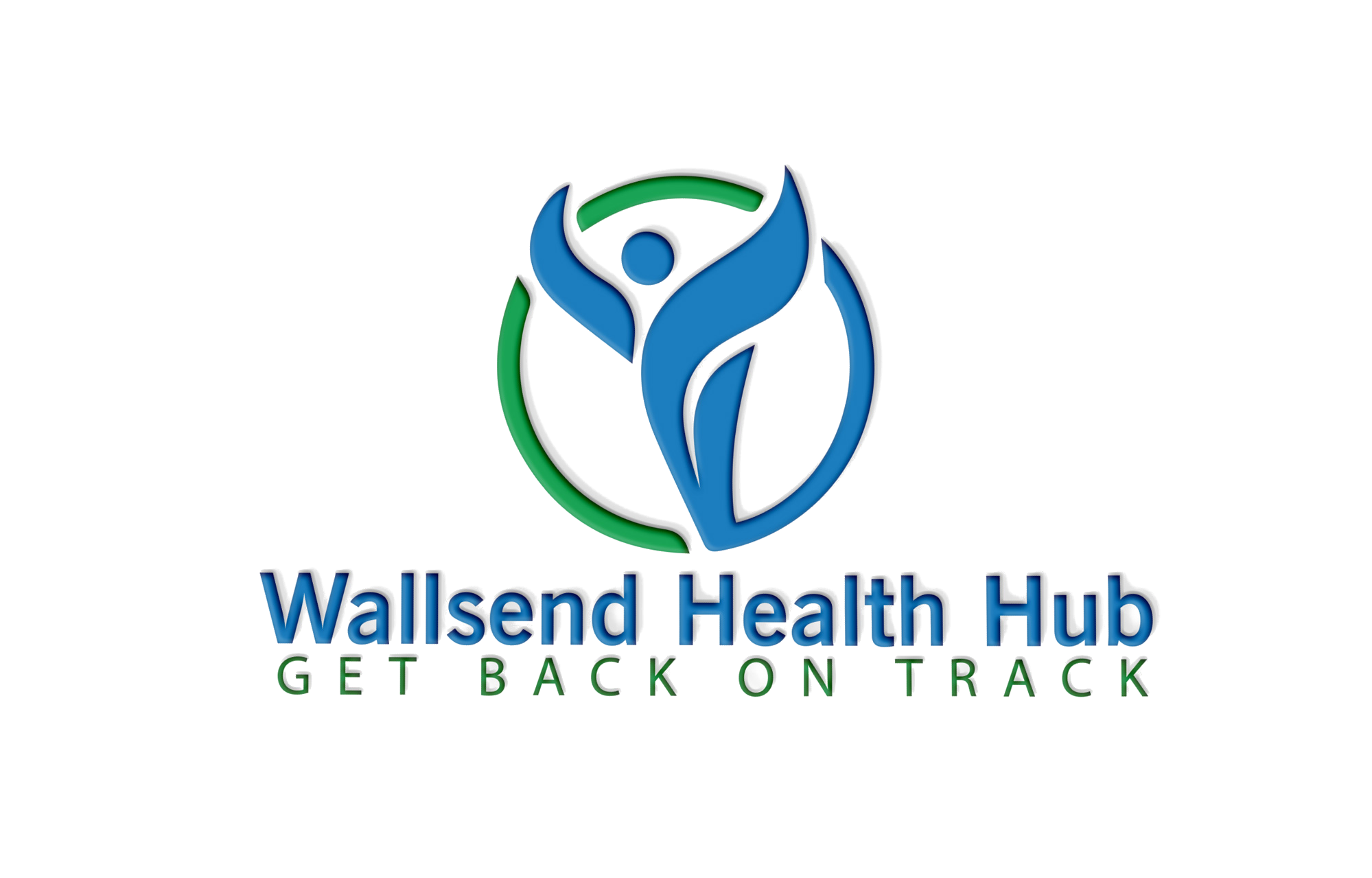 Have you recently been to the doctors for some routine blood tests and were told you have high cholesterol? Confused what it all means? Please don’t panic – our dietitians are here to help!
Have you recently been to the doctors for some routine blood tests and were told you have high cholesterol? Confused what it all means? Please don’t panic – our dietitians are here to help!
Having nutrition input especially with a new diagnosis of high cholesterol is so important to help you to understand what it means for you and how you can improve and manage it to reduce your risk of heart disease.
About Cholesterol
Firstly, it’s important to know that cholesterol is essential for the normal functioning of the body. It is a waxy, fat like substance that is necessary to make hormones and vitamin D and helps you to digest your food. The body produces cholesterol naturally, but it is also found in some foods.

While the body uses cholesterol to build cells, too much can be a bad thing and put you at risk of heart disease. This is because having high cholesterol can lead to the development of fatty deposits in your blood vessels which makes it harder for the blood to flow through the arteries. If these deposits break apart they can form a clot which may lead to a serious problem like heart attack or a stroke.
Two common types of cholesterol you should know about.
1. Low density lipoprotein (LDL) – also known as ‘bad’ cholesterol
2. High density lipoprotein (HDL) – also known as ‘good’ cholesterol

To maintain a healthy balance, we need higher levels of good cholesterol and lower levels of bad cholesterol. This is something we can modify with adjustments to diet and lifestyle!
3 things to consider with high cholesterol:
- There is no single cause of high cholesterol, but there are modifiable (smoking, physical activity, weight, diet) and non-modifiable (age, family history) risk factors we can look at.
- You don’t have to be on a strict diet to manage your high cholesterol. Our dietitians tailor a plan that is simple and acheivable for you and the fits your lifestyle. Many of our clients are shocked to learn this!
- Without proper nutrition and lifestyle changes your high cholesterol can get worse and lead to increased health complications such as increased risk of heart disease.

What Should I Do?
As annoying as it can feel to manage high cholesterol, living a healthy lifestyle can help to lower your cholesterol levels. This will also help to avoid impacting your health in the long term.
So many of our clients are reaping the positive benefits of working with a dietitian, seeing improvements in their weight, cholesterol levels and reduction in related heart health complications. They also get a renewed enjoyment out of life!
Ready to make some heart healthy swaps? If you would like more information about how we can help, book in to see one of our experienced dietitians today.
To make an appointment you can Book Online Here with Jess or Aleisha, or call our friendly reception team on (02) 4023 2797
